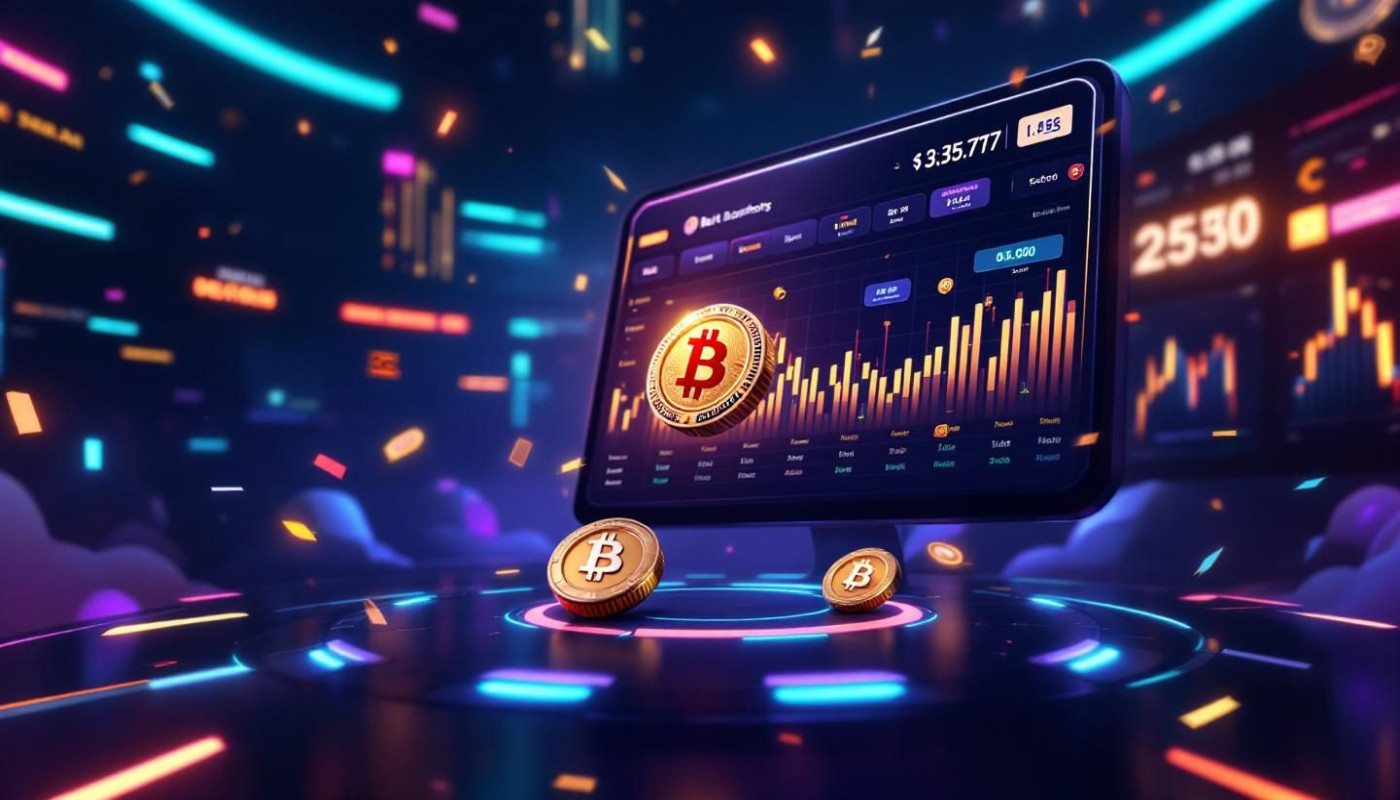Table of contents
In the digital age, the intersection between social media and online gaming has become a fascinating topic of discussion. As screens flash with notifications and gameplay highlights, one cannot help but ponder the transformative power these platforms wield in shaping gaming trends. Social media has emerged as the new battleground for the hearts and clicks of the gaming community, with its influence extending far beyond mere entertainment. Engaging in this narrative reveals a complex ecosystem where virality and player engagement intertwine, propelling certain games to the zenith of popularity. Discover how these online landscapes forge communities, craft trends, and redefine the gaming experience. Delve into the symbiotic relationship that has not only changed the way games are marketed but also how they are perceived and consumed by the masses. This exploration will unravel the intricate web of social media's impact on the gaming sphere, inviting readers to grasp the multifaceted effects it has on what games we play and why. Continue reading to uncover how the virtual handshakes between pixels and posts chart the course for online games’ success or obscurity.
The Viral Catalyst: Social Media's Role in Game Popularity
Social media platforms have emerged as a potent impetus in amplifying the popularity of online games. Key to this dynamic is the concept of virality facilitated by the interactive features of these platforms such as social media shares, likes, and comments. Gaming influencers wield considerable power, often turning a relatively unknown game into a sensation overnight through endorsements or simply by sharing gameplay clips. The ripple effect of viral challenges and memes associated with specific games cannot be overstated; they serve as a beacon, drawing in vast audiences and contributing to an online game's burgeoning reputation. Platforms such as Twitch, YouTube, and TikTok have become the staging ground for showcasing online gaming trends, where a single compelling clip can ignite widespread interest. By fostering an environment where content can be disseminated rapidly among vast networks of users, social media significantly enhances a game's organic reach, cementing its status in the competitive gaming landscape.
Community Building and Player Retention
Online gaming communities play a pivotal role in sustaining player retention. Social media platforms are instrumental in this regard, as they provide the digital arena where these communities flourish. On platforms such as Facebook, Twitter, and Reddit, dedicated pages and groups emerge as central hubs for players to congregate. These spaces become fertile grounds for the exchange of fan theories, gameplay strategies, and shared experiences. Such interactions not only bolster player engagement but also create a sense of belonging among members, encouraging them to continue participating in the game.
The influence of social media feedback on game updates cannot be understated. Community managers and social media specialists within the gaming industry closely monitor engagement metrics to gauge player satisfaction. They actively seek out and analyze feedback from social media, which often leads to game improvements that resonate with the player base. This dynamic loop of feedback and update implementation demonstrates the power of social engagement in shaping the gaming experience and ensuring that players feel heard and valued. In effect, this strengthens player investment and loyalty, which is fundamental for the longevity of any online game.
Marketing Strategies and Advertising Impact
As a highly efficient digital marketplace, social media platforms have revolutionized the way online games attract new players and maintain their popularity. By leveraging targeted advertising, game developers can now implement online game marketing strategies that pinpoint specific demographics likely to show interest in their titles. Social media analytics play a pivotal role in this process, providing insights that enable precise audience targeting. These analytics measure user engagement, interests, and behavior, allowing advertisers to craft campaigns that resonate with their intended audience. The use of paid promotions and sponsorships on these platforms further amplifies a game's visibility. Such campaigns often boast a higher conversion rate due to the tailored approach of the advertising content. Additionally, the cost-effectiveness of social media advertising offers a significant advantage over traditional media outlets. Reduced expenditure for broader reach and deeper engagement makes social media an indispensable tool in the arsenal of online game marketing.
Impact on Game Development and Design Choices
As the digital landscape evolves, game development has increasingly begun to focus on the concept of shareability, recognizing the immense potential it holds in terms of reaching a wider audience. Social media integration has become a pivotal aspect of how games are crafted, with many developers now embedding features like share buttons directly into their games. This initiative encourages players to disseminate their in-game achievements or unique moments to their networks, amplifying the game's visibility and, in turn, its popularity.
Design choices are also profoundly influenced by the need to create games that thrive on platforms like Twitter, Facebook, and Instagram. Photo modes, for example, are no longer mere afterthoughts; they are meticulously designed to ensure that players can capture and share aesthetically pleasing content that stands out in crowded social media feeds. Such features not only enhance the gaming experience but also serve as powerful marketing tools that leverage user-generated content to attract new players.
The feedback loop between social media and game development does not end upon a game's release. Post-launch updates can be shaped by the community's response on social media, allowing developers to fine-tune and evolve their games based on real-time feedback. The implications of this are significant, with social media integration playing a key role in the continual refinement of games to meet the desires of an engaged audience. In essence, developers and user experience designers now regularly look to social media as an integral component of the design process, assessing how each element of a game can be optimized for shareability and community engagement.
In the realm of online gaming, there's a constant flow of new titles vying for attention. Among these, "demo fortune tiger" stands as an intriguing example, potentially leveraging social media buzz to draw in players seeking a vibrant and engaging experience. By providing a demo, players are given a taste of the excitement, which they can then share across social media platforms, contributing to the game's organic growth in popularity.
Shaping the Future of Online Gaming
The landscape of online gaming is perpetually evolving, with social media playing a pivotal role in shaping its trajectory. The future of gaming is poised to be significantly affected by the rise of emerging platforms and breakthroughs in technology such as virtual reality in gaming. As we peer into the horizon, it's evident that the symbiotic relationship between gaming and social media will only deepen, offering players increasingly immersive experiences that transcend traditional gameplay.
Game developers and marketers must remain nimble and adaptive in their game development strategies to harness the wave of innovation. The integration of virtual reality with social media has the potential to revolutionize the industry, creating a more connected and lifelike environment where players can interact within the games they love. As the online gaming evolution continues, those who can anticipate and adapt to these changes will find themselves at the forefront, reaping the benefits of a global audience that is more engaged than ever. Embracing these technologies is not just beneficial; it is imperative for success in an increasingly digital future.
Similar












